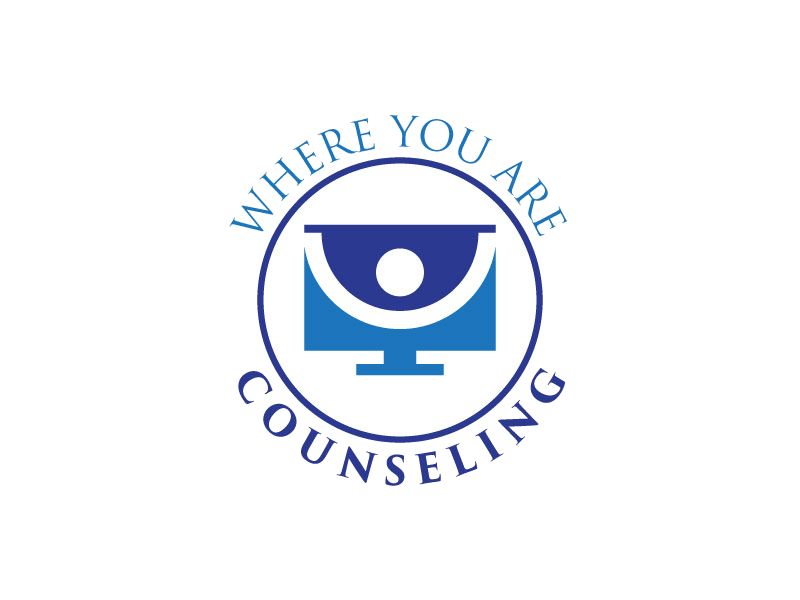Nurturing Self-Care: Mental Health Postpartum for Mothers
The postpartum phase can be challenging and overwhelming, especially when it comes to mental health. It's common for mothers to experience a range of emotions during this period, including depression and exhaustion. So taking care of mental health is essential during this time. Fortunately, Where You Are Counseling has some helpful tips for postpartum mothers.
Engage in Exercise
Since the body is changing dramatically, postpartum women can feel overwhelmed by physical changes. Exercise can help make such a transition easier to handle. It helps release endorphins (hormones that promote happiness), tones the body, makes it feel more energized, and improves sleep.
However, not all exercises are suitable for all moms. Some good postpartum exercises include, but are not limited to:
Walking to improve cardiovascular fitness
Kegel exercise to strengthen pelvic floor muscles
Pelvic tilt exercise to strengthen abdominal muscles
Belly breathing to help re-coordinate breathing throughout the core
Adequate Nutrition
Eating a healthy and balanced diet is vital for new mothers, as it can provide the necessary nutrients to support their recovery and their baby's growth and development.
It is recommended that mothers consume a variety of fruits like bananas, apples, and berries; vegetables like sweet potatoes and carrots; rich sources of protein like beans and lean meats.
It is also essential to stay hydrated throughout the day by drinking plenty of water.
Have Social Support
During this time, lots of women gradually stop spending time with their friends and family due to exhaustion and stress. However, it is important to stay connected to loved ones as they can help provide emotional comfort and practical assistance.
Social support can come in the form of a friend, a community group like postpartum support, or even a spiritual guide (clergy or pastor). Finding someone you trust who can help you manage your stress is also helpful – for instance, a partner or relative.
Talking with others will allow a new mom to relieve stress and get more out of these relationships in the future as well.
Getting Enough Sleep
Welcoming a new life into the world can be an incredibly fulfilling experience for moms; however, sleeplessness is a common challenge associated with this new journey of motherhood.
New mothers should make sure they get enough sleep and be mindful of their sleep routine. You can establish a consistent sleep routine by:
Taking a sleep when the baby sleeps
Set a regular bedtime, and
Enlisting the help of a family member to care for the baby during the night.
It's also important to create a sleep-conducive environment, such as keeping the bedroom dark, quiet, and cool and avoiding electronics before bedtime.
Learn Relaxation Techniques
Feeling anxious about the demands of new parenthood can be overwhelming at times. It's important to teach yourself to relax during this time.
A good way to do that is to use a relaxation technique that works for you. Some good options include deep breathing exercises, meditation, and mindfulness.
Practicing these techniques regularly can help new mothers feel calmer, more centered, and more resilient in facing challenges.
Taking Time for Oneself
Taking time for yourself doesn't mean going on an elaborate vacation or spending a lot of money. It can be as simple as setting aside a few minutes each day to do something that you enjoy.
Moms should schedule in time to connect with themselves. This could include:
Simply reading something
Going out for a walk
Journaling
Listening to music
Watching a funny movie or show
Taking a bath or shower
Even small breaks throughout the day can make a significant difference in overall well-being.
Seeking Professional Help
Seeking professional help is an important strategy for new mothers experiencing difficulties coping with postpartum changes. It is important to recognize when it may be time to seek help and not hesitate to reach out for assistance when needed. Here are some signs that may indicate that professional help is necessary:
Feelings of detachment or disinterest in the baby
Feeling anxious or depressed
Feeling isolated or alone
Thoughts of self-harm or harming the baby
If any of these signs are present, it is important to reach out to a healthcare provider or mental health professional for assistance. Seeking professional help can help new mothers cope with postpartum changes and improve their overall well-being.
Written by Where You Are Counseling Guest Blogger Stacy Bryant at: stacy.bryant@springhive.net
Images:
https://www.pexels.com/photo/young-mom-with-cute-baby-and-dog-sleeping-on-bed-7282913/
